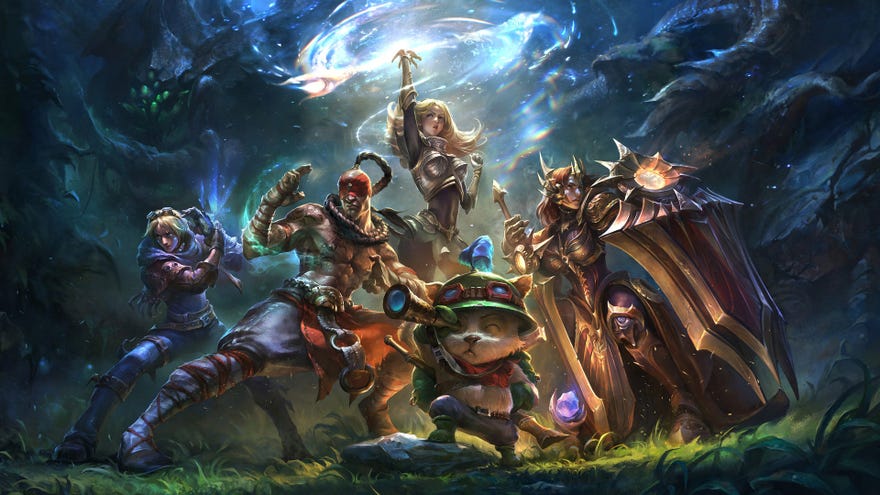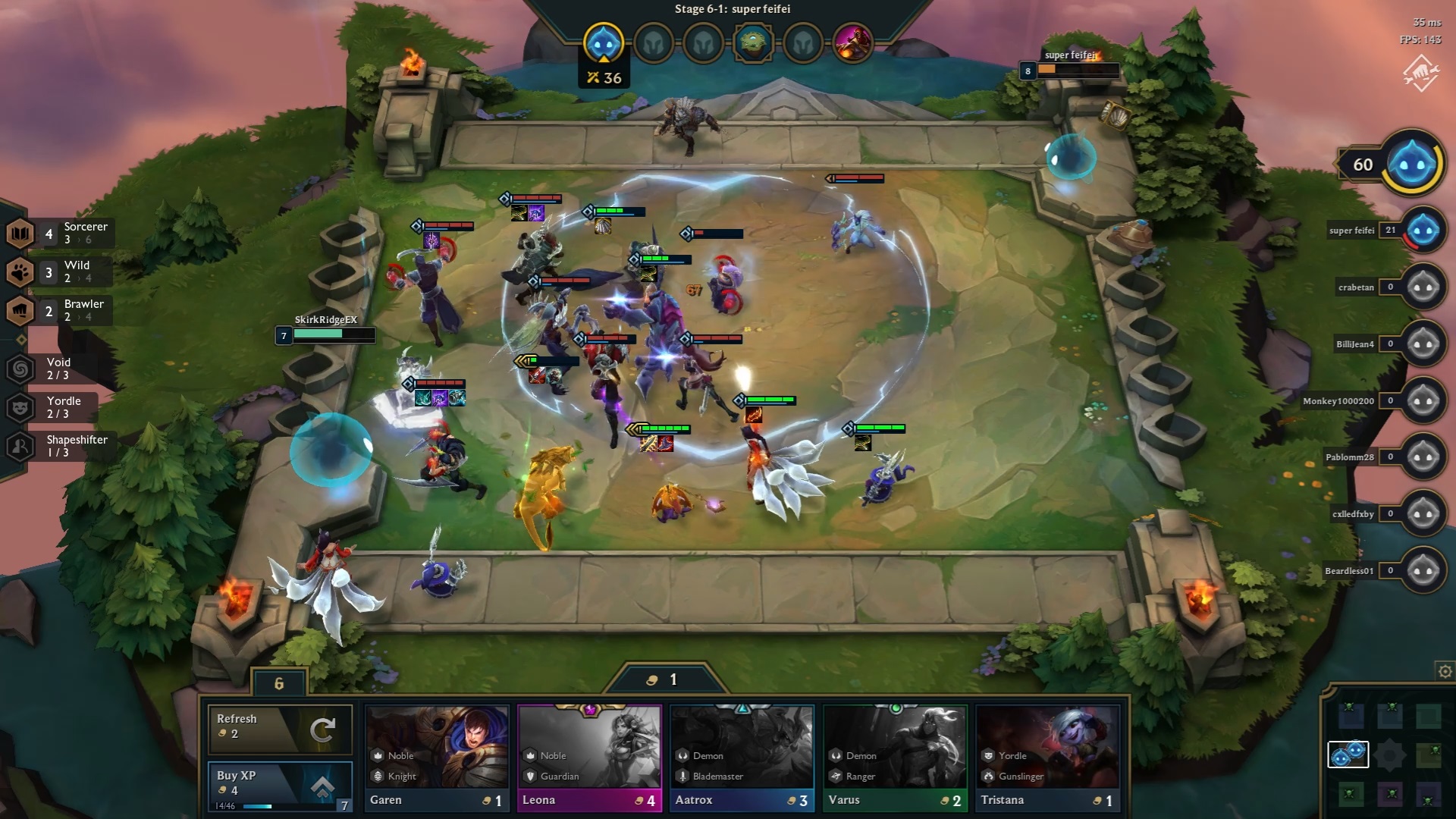Riot Games to settle gender discrimination suit for $10 million
Or $6 million, once the lawyers are paid
We already knew that League Of Legends developers Riot Games had agreed to settle a class action gender discrimination law suit against them. Last night, the Los Angeles Times reported the figure (pending court approval) will be $10 million, or roughly £7.7 million. Once the lawyers have all been paid, this amounts to over $6 million (£4.6 million) that will be shared between female employees who've worked at the company during the past five years.
It's a win of sorts, but still comes in the wake of Riot Games refusing to acknowledge they have a systematic discrimination problem. As well as, you know, having a systematic discrimination problem. Some of those responsible still work for the company.
The suit was filed by two employees in November 2018. The settlement states how the money will be shared, with money allocated based on each individual's "tenure, length and status" at the company. People who've already left and accepted severance pay will not be included in the payout.
Reports of sexism at Riot came to the fore with Cecilia D'Anastasio's Kotaku exposé, which revealed gender pay differences, male and female employees receiving "unsolicited and unwelcome pictures of male genitalia from bosses or colleagues", and a pervasive "bro culture".
As Jay Castello highlighted when reporting on Riot's agreement to settle, "chief operating officer Scott Gelb, who was suspended without pay for two months late last year after an internal investigation into alleged behaviour including genital touching and farting on colleagues’ faces, seemingly remains with the company."
Riot previously stated they were settling in order to show good faith, and demonstrate that they're "prepared to go over and above in order to move forward". They echoed this in their statement to the Los Angeles Times, saying the settlement constitutes "another important step forward, and demonstrates our commitment to living up to our values and to making Riot an inclusive environment for the industry’s best talent.”
I'm not at all convinced this counts, although when D'Anastasio spoke to 14 Riot Employees in August, she reported that they were all optimistic about the company's future. To some extent, Riot seemed to have made good on their pledge to make "sweeping changes" following the initial exposé. These included "hiring a Chief Diversity Officer and situating them in the highest rungs the company, deemphasizing hiring hardcore gamers over other qualified candidates and investigating or removing problem employees".
Employees praised the work of Angela Roseboro, the chief diversity officer that Riot hired in March. But it seems not enough has been done to remove offenders, with Riot continuing to employ senior male employees named in the lawsuit. D'Anastasio uncovered plenty of evidence that company culture is still an issue.
"Said one current employee, 'It’s great that Riot has decided to compensate women for the abuse they suffered here, but their rhetoric about ‘healing and moving on’ leaves something to be desired.' She continued, 'It’s difficult to heal and move on when we are faced with the reality that at the end of the day, Riot prefers to pay the women still here for the trouble of continuing to work with alleged abusers.'"
It's estimated that the company made $1.4 billion (roughly £1.1 billion) in 2018. Superdata's research shouldn't be taken as gospel, but even so. In context, I wouldn't call the settlement generous.


















